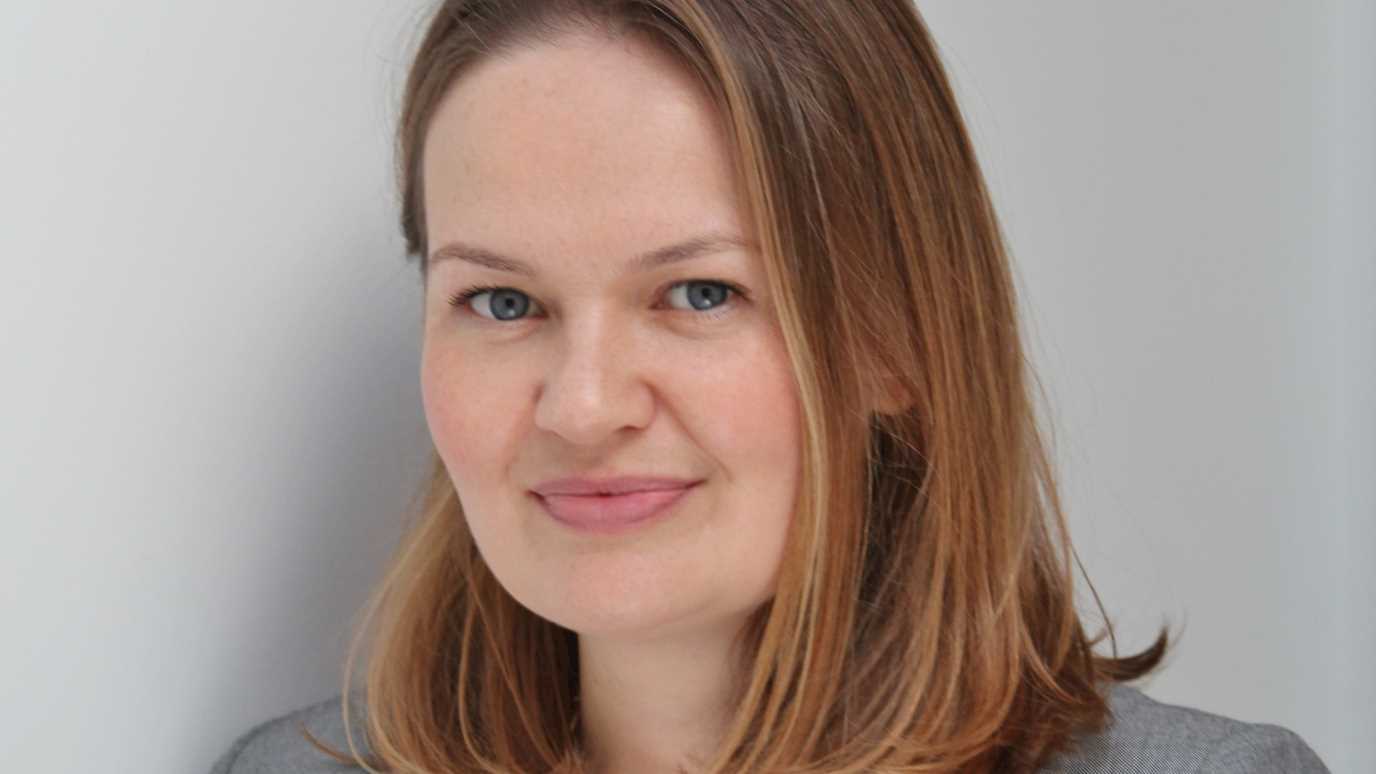In a recent research paper, Dr Sam Fairlamb and his project students investigated the link between death and sexuality in the context of homophobic and heteronormative attitudes.

According to some psychological theories, humans fear death because of their evolutionary inclination to stay alive while being aware that such a prospect is not possible. The awareness that we someday must die is according to existentialists inherently demotivating, but terror management theory argues that people manage this problem on a symbolic level by believing in something greater than their mortal, physical self.
According to terror management theory, humans invest in cultural worldviews which are belief systems that provide a sense that life is meaningful. Moreover, these worldviews provide standards of conduct of how one should live their life by, and by achieving or exceeding those standards, permits the sense that one is a person of value, which psychologists might refer to as self-esteem. Ultimately, the ability to see oneself as a valuable contributor to a meaningful reality can provide the sense that one may overcome the problem of death itself. This can be in a literal sense when we think about religions that promote the possibility of heaven or afterlife, but people can also feel they can symbolically endure beyond their death by believing some part of them will persist over time and space whether by leaving a legacy, having children, affiliating with groups/causes and so on.
Dr Sam Fairlamb is a social psychologist at Royal Holloway who often teaches, as well as supervises student projects that utilise these ideas. One potential application of terror management theory is its ability to offer a novel perspective on prejudice and the difficulty in accepting people who are different from ourselves. Terror management theory argues that the reason prejudice and discrimination is commonplace is because people need to cling to their cultural conceptions of reality and that the fact other people believe in different conceptions of reality poses a psychological problem. The theory argues that people seek to derogate, ridicule and dismiss other people’s beliefs to diminish the existential threat that these beliefs pose to us.
In a recent project conducted at the university, Dr Sam Fairlamb and his project students were able to demonstrate these ideas in the context of homophobic and heteronormative attitudes. Because in Western society our worldviews may often imply that heterosexuality is normative, or even question the correctness of homosexuality, the researchers predicted that people would show more negative reactions to a fictitious person who identified as homosexual relative to another person who identified as heterosexual. Furthermore, to demonstrate that this effect is the result of unconscious death anxieties, the researchers first had participants reflect on their death, while control participants were asked to think about a different non-fatal topic. Then participants were given two similar individuals to evaluate which differed by sexual orientation. The researchers found that participants who were reminded of their mortality discriminated against the homosexual individual by decreasing their evaluations of that person.
While this perspective may help us understand why discrimination and prejudice exist, it may also help us understand how to shape more positive attitudes towards other people. This is because how people primarily manage their existential anxieties by living up to cherished norms that their worldviews promote. If such worldviews promote the need to be tolerant and inclusive, then this should reduce the tendency to react towards others negatively. Similarly, having people embrace a sense of open-mindedness may also reduce their tendency to react negatively towards others. Their study provides evidence for this as they found their effects of death reminders were limited to those with a high “personal need for closure” which is a personality construct that examines the extent to which people struggle with ambiguity and need to rely on clearcut ways of thinking.
Image credit: Ahmed Adly via Unsplash
























